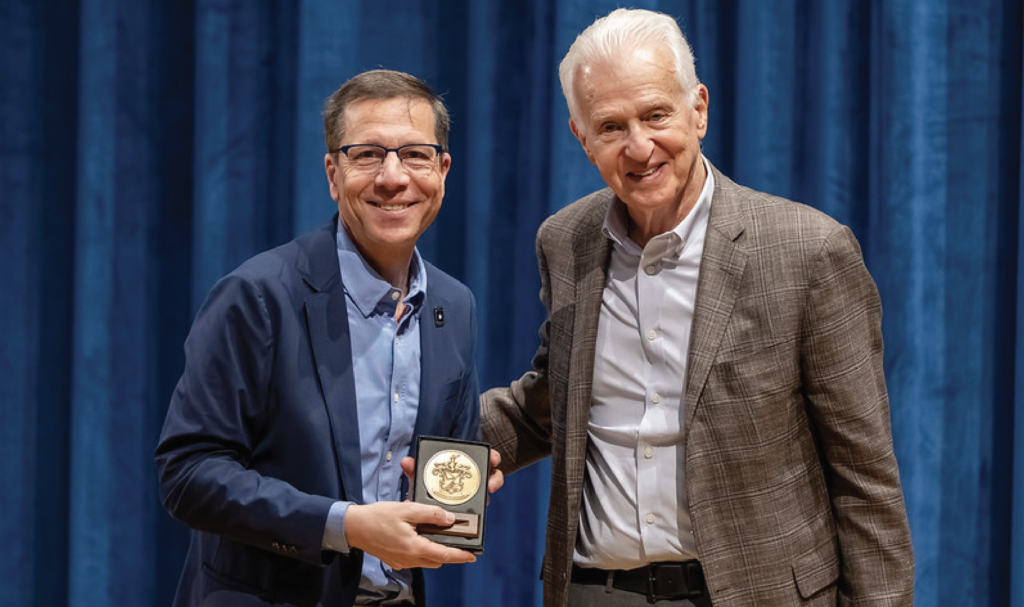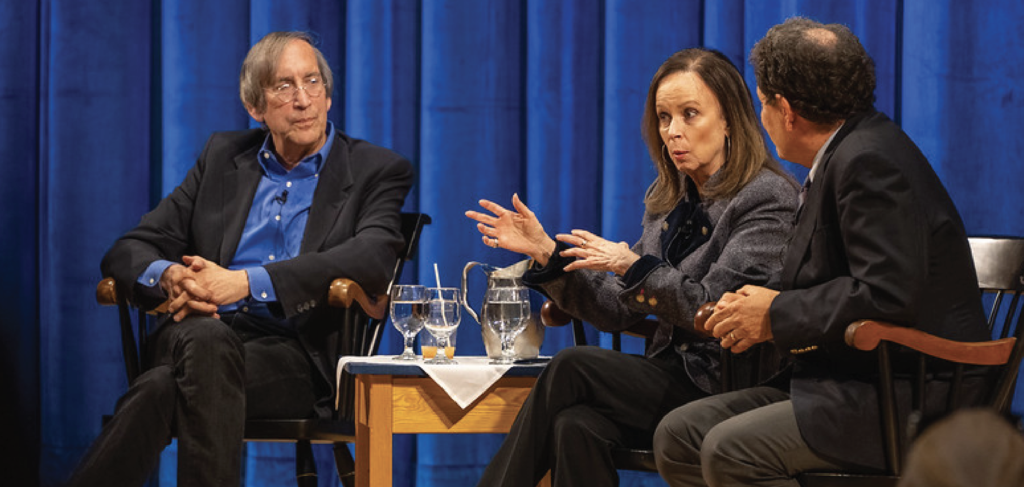Recently, Choate began experimenting with restorative justice, a practice that focuses on rehabilitation, learning, and healing instead of punishment for a mistake or offense. It is a concept that has existed for decades but has become more prevalent in institutions across the country over the past few years.
According to Fifth-form Dean Ms. Laura Lynn van Mierlo, restorative justice does not appear in the Student Handbook, nor is there a set policy or protocol for it yet. As of now, restorative justice at Choate is an informal process initiated when a student uses a racial, homophobic, or other identity-based slur.
Fourth-form Dean Dr. Katie Jewett said, “We want to teach students how that feels to be on a receiving end of it and all of the history and emotional power of that slur.” Students are led through reflective exercises, including journaling, to help them process the incident. With the assistance of deans and advisers, the restorative justice process differs by circumstance.
Third-form Dean Mrs. Nancy Miller said that the deans are looking into how a restorative justice process might be included in the Student Handbook and become a regular practice. Dean of Students Mr. Mike Velez ’00 said that the Dean’s Office has a retreat planned for next month, during which they hope to further discuss restorative justice. The group will begin developing a curriculum that takes a therapeutic and preventative approach, aiming, according to Mr. Velez, to make restorative justice a “more of a consistent part of our response mechanism.” The thought is that being proactive with educating individual students about their transgressions may prevent similar missteps in the future.
Restorative justice is a learning opportunity for both the individual and the wider community. As a Judicial Committee member who encounters these types of situations regularly, Julia Xu ’23 said, “Giving someone the chance to improve and potentially creating a better person or ally seems a lot better than punishing their behavior.”
Dr. Jewett mentioned that students learn better when there is a sound system of accountability in the community. Restorative justice often calls for the parties involved to have a discussion, so victims may seek redress, and offenders can take responsibility for their harmful actions. “It sort of readies people to listen to each other and learn from each other and to learn together, so I think that’s another powerful argument for having restorative justice,” she said.
Director of Equity and Inclusion Dr. Rachel Myers said that people beyond students can be helped by the restorative justice process. Anyone, she said, “can certainly engage in restorative justice practices and frameworks to try and enact internal changes in someone that allow for deeper understanding and reconciliation with those they have offended.”




